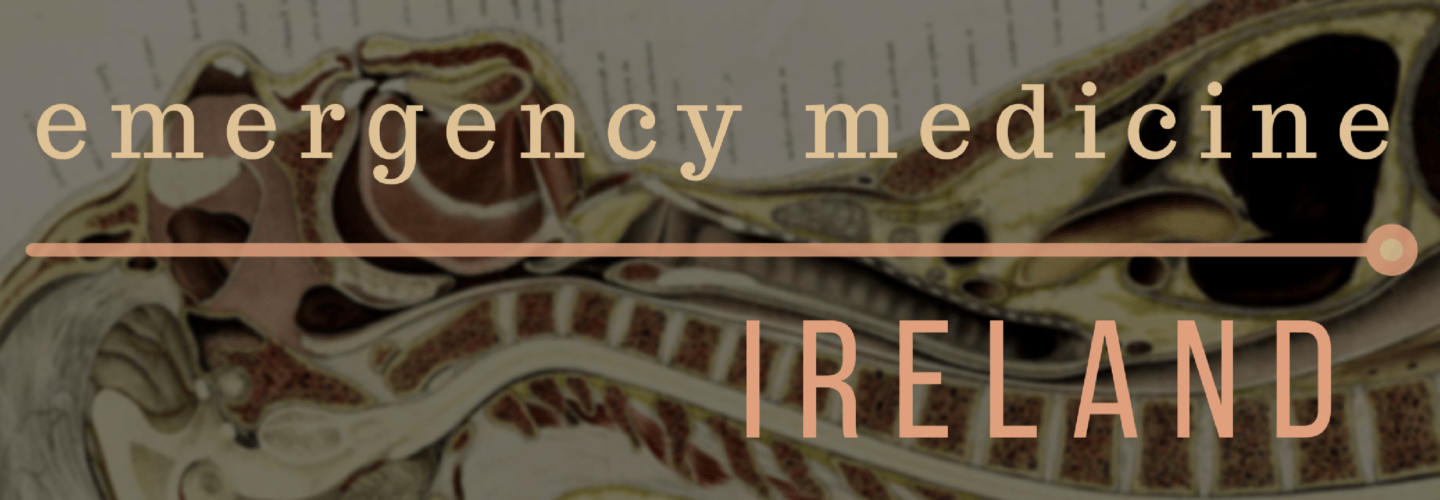Seggie J. Revitalising professionalism. S. Afr. Med. J. 2011 Aug.;101(8):508–509. PMID 21920118
This is yet another cracker from R&R in the Fast Lane via Sa’ad Lahri. There’s not a chance I would have found this paper otherwise so go check it out.
It’s a short, narrative review of some of the debate surrounding the nature of medical education and in particular the idea and definition of what it means for medicine to be a profession.
Some nice quotes:
professionalism is ‘a set of values, behaviours, and relationships that underpin the trust the public has in doctors’
learning of professional behaviour and absorption of professional values depends on strong, engaged relationships with positive role models
there should exist a moral contract between the medical profession and society
I want to talk a little bit more about the last one, about what the “moral contract” bit might mean.
I read a lot of a chap called Hauerwas and he describes medicine as drawing it’s moral authority from a society that refuses to abandon others who need help. Our society dedicates large amounts of money and some of its finest people to care for the ill – this in itself is a profound moral statement. Now I know that there are sound societal, economic reasons for doing health care but I really don’t think that’s why groups of humans do it.
The fact that medicine rarely cures many of the diseases that we attend to makes it even more morally significant.
For us to remain a profession (as opposed to being technicians) we must not neglect the moral aspect of what we do.
Here’s a Hauerwas quote for you to ponder.
Medicine is a profession determined by the moral commitment to care for the ill… The ability to sustain such care in the face of suffering and death is no easy enterprise, for the constant temptation is to try to eliminate suffering through the agency of medicine rather than let medicine be the way that we care for each other in our suffering… Indeed I suspect the increasing technological character of medicine with the correlative growth in specialisation reflects the attempt to substitue scientific expertise for the moral commitment necessary to maintain medicine as a coherent profession.
Notre Dame Press: 1986; P17
Before anyone gets too upset, a moral commitment to care for the ill in no way prohibits technology or scientific expertise or so many of the things that I think really matter about emergency medicine, but in a rather twee and inadequate aphorism we need to be willing and open to care before we can cure.
UPDATE: Domhnall has written on something similar before so go read it too.

I agree Andy! As a comment, an old blog post of mine along similar lines: http://dreapadoir.wordpress.com/2011/08/06/health-care-do-we-and-how-do-we-care/
great stuff, just added it to the post
Hey Andy. Along similar lines, I love David Newman’s stuff in “Hippocrates’ Shadow” on the “meaning” response as opposed to the placebo response – it is gold!